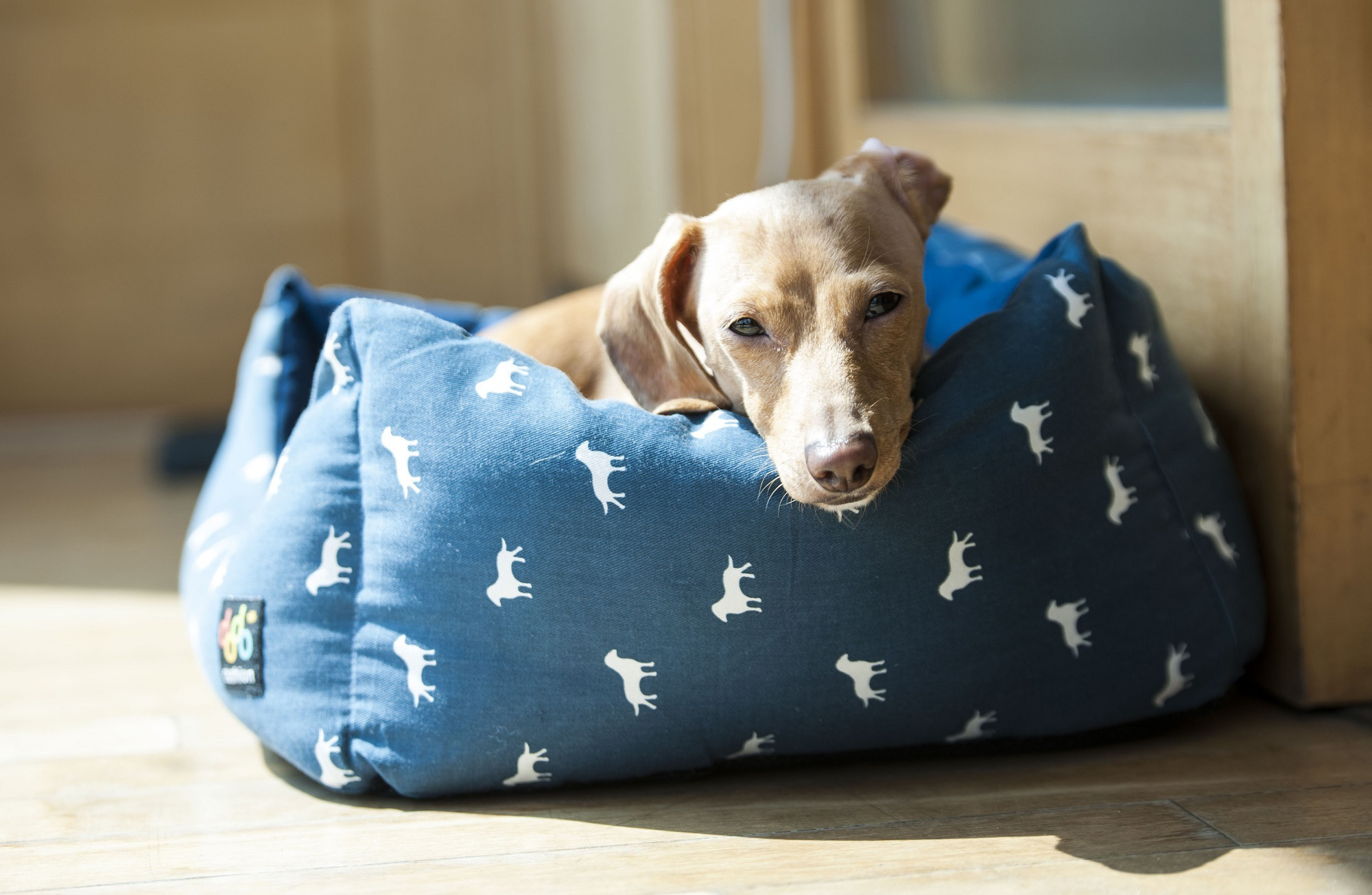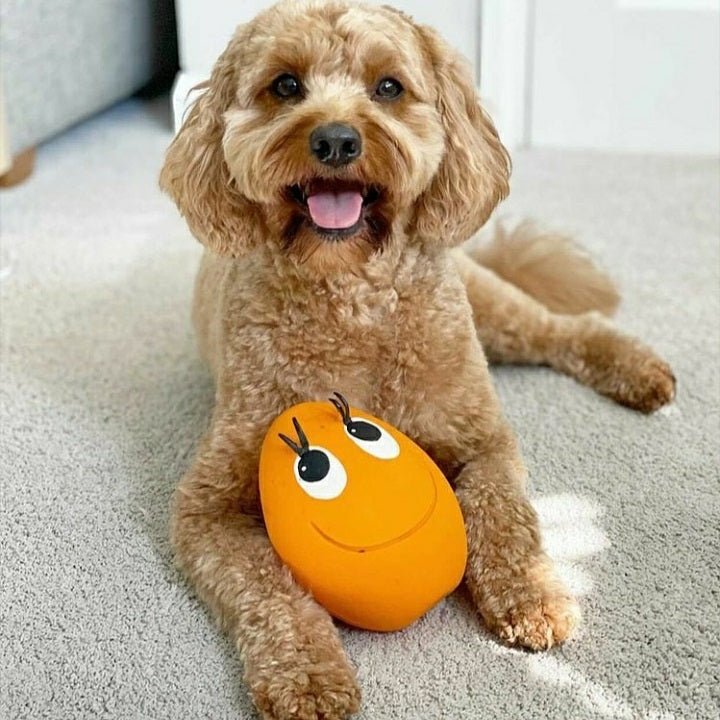Hello, dear readers!
Today, we're diving deep into a topic that's both fascinating and often overlooked: the world of colours and how they influence our beloved pets. If you've ever wondered whether your dog has a favourite colour or if the shade of your cat's bowl affects their eating habits, you're in the right place. Let's embark on this colourful journey together!
A Spectrum of Sight: Understanding Pet Vision
Before we delve into the effects of colour, it's crucial to understand how our pets perceive the world around them. Unlike humans, who see a rainbow of colours, our pets have a different spectrum of vision.
Dogs: Man's best friend perceives the world in shades of blue and yellow. They have dichromatic vision, meaning they have two types of colour receptors. This means that while they can distinguish between a blue toy and a yellow one, reds and greens might appear quite similar to them. So, that red ball you throw in the green grass? It might not stand out as much as you'd think!
Cats: Our feline companions, on the other hand, see shades of blue and green. Reds, yellows, and oranges might appear as various shades of grey to them. So, if you've ever wondered why your cat seems uninterested in that bright red toy, now you know!
More Than Just Sight: The Therapeutic Power of Colour
Beyond mere vision, colours can have therapeutic effects on our pets. This concept, known as colour therapy or chromatherapy, has ancient roots in human medicine, tracing back to India, Egypt, and China. But how does it apply to our four-legged friends?Dogs:
- Blue: This calming shade can ease pain and provide relaxation. If you have an elderly dog suffering from ailments like arthritis, surrounding them with blue hues might offer some relief.

- Red and Orange: These vibrant colours can invigorate and energise. For a dog that needs a boost of confidence or a bit of pep in their step, these shades might be beneficial.

Cats:
While specific colour therapy research for cats is limited, the principles might be similar to those for dogs. Blue and green surroundings could provide a calming environment, while brighter shades might stimulate curiosity and playfulness.
The Bowl Dilemma: Does Colour Matter?
Now, let's address a question many pet owners ponder: does the colour of your pet's bowl influence their approach to food?
For dogs, a blue or yellow bowl might be more visually appealing due to their colour perception. Moreover, the therapeutic effects of these colours might make mealtime more relaxing or invigorating, depending on the shade.

For cats, a blue or green bowl might stand out more and be more attractive. However, as with dogs, other factors like the smell and taste of the food might play a more significant role in their approach to eating.
Designing a Colourful Environment for Your Pet
Considering the therapeutic effects of colours and our pets' unique vision, how can we design an environment that caters to their needs?
1. Toys: Opt for toys in colours your pet can easily distinguish. For dogs, blue and yellow toys might be more engaging. For cats, blue and green toys could be more enticing.
2. Bedding and Decor: If you're looking to create a calming space for your pet, consider using cooler shades like blue and green. For a more energised environment, warmer hues like red and orange might be more suitable.
3. Bowls: As discussed, the colour of your pet's bowl might influence their approach to food. Experiment with different shades and observe any changes in their eating habits. Chow Bella offers lots of different colours including blues and greens, and you can order a yellow bowl as a custom colour. Get in touch if you'd like to find out more!
In Conclusion
The world of colours is vast and intriguing, especially when considering our pets' unique perspectives. By understanding their vision and the therapeutic effects of different shades, we can create an environment that caters to their needs and enhances their well-being.Remember, while colours can influence our pets, individual preferences and other sensory cues will always play a significant role in their behaviours. Always observe your pet and adjust their environment according to their unique needs and preferences.
Until next time, keep your world colourful and your pets happy!






